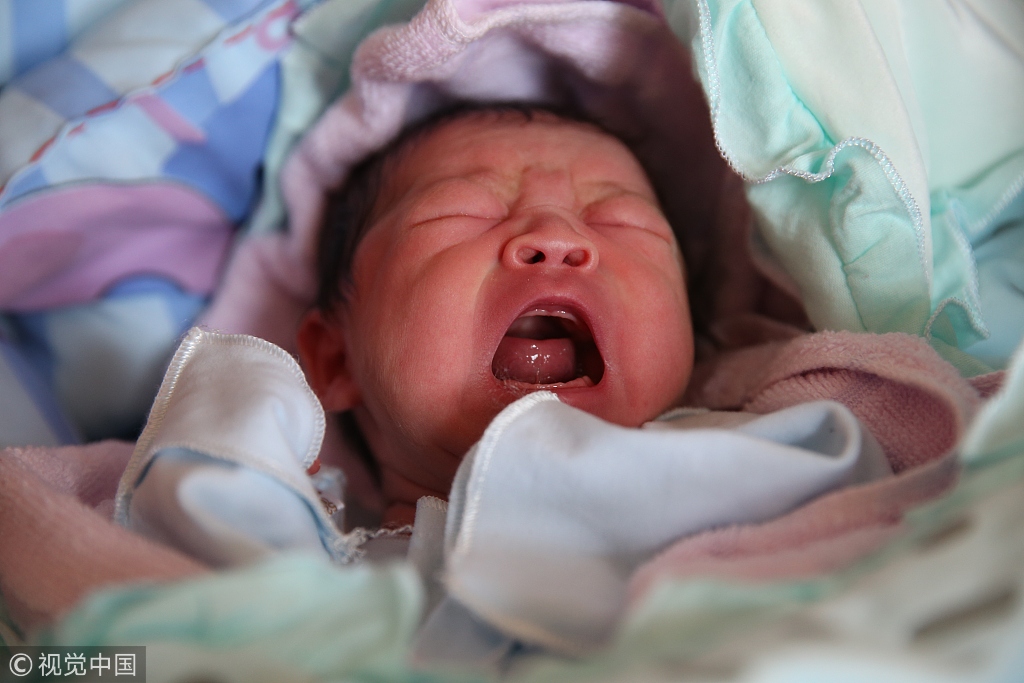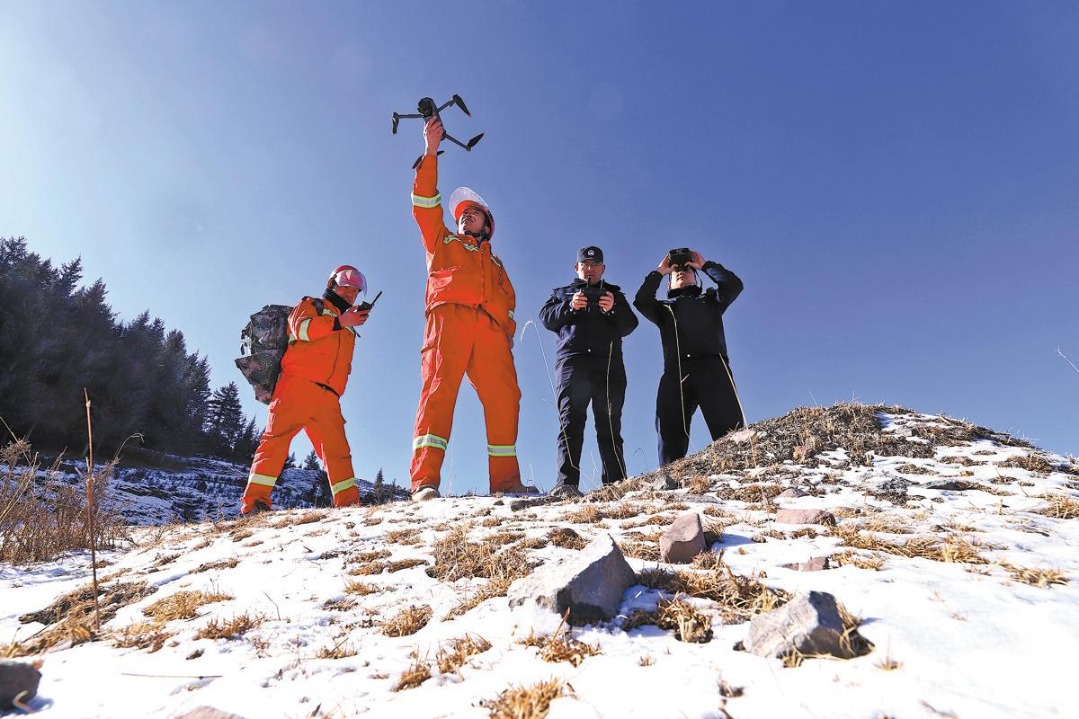Study looks for causes of birth defects


New research involving half a million pregnant women across China is expected to greatly improve control and prevention of risks related to birth defects, which are likely to increase with the adoption of the universal second-child policy.
Based on the findings, researchers will build China's first database of birth defect risks and map out strategies for monitoring and prevention, according to Beijing Obstetrics and Gynecology Hospital, Capital Medical University, which is leading the research.
The program, launched on April 20, will cover 33 hospitals in 17 provinces and municipalities and follow 500,000 pregnant women-the largest-scale such research ever conducted in China. Over 2,500 pregnant women volunteered to take part, and 4,538 samples have been collected, including a trial period from Nov 20 to April 20. The samples included blood, urine and placenta, said Yue Wentao, chief of the science and technology department at Beijing Obstetrics and Gynecology Hospital, which collected the first samples.
Researchers will use the samples to analyze risk factors for major birth defects and use big data technology to single out factors that may cause them, such as environment, heritage and chronic diseases, and establish a risk evaluation system, Yue said.
"Most of the causes of birth defects are still unknown, and some birth defects can only be spotted at later stages of pregnancy," Yue said. "If we are clear on the causes, we can tell pregnant women who may have risk factors for such a birth at an early stage of their pregnancy so they can make a choice as early as possible. We can also do better in the prevention and control of risks... to reduce birth defects."
More than one million samples will be collected, Yue said, adding that all the samples will be open for sharing with international communities for cooperation in research, control and prevention of birth defects.
The hospital has been providing training to other hospitals involved in the project so all the samples are collected under the same standards and procedures, he said.
The number of babies born with defects in China is estimated at 900,000 per year, according to Yin Chenghong, vice-president of the hospital and in charge of the research program.
China adopted the universal second-child policy at the start of 2016. Of the 90 million women eligible to have a second child thanks to the policy, more than half are over 40 years old, increasing birth defect risks.
- Xi, Tokayev attend ceremony of exchanging cooperation documents
- Zhuhai checkpoints leading to Macao, Hong Kong register 100 million trips
- What the Shenzhou XX astronauts are doing after over 50 days in space
- Beijing-Tianjin-Hebei logistics index hit 52.17% in Q1 of 2025
- Science Talk: Is Red Sun threat rumor or reality?
- 6 remain missing after fireworks factory blast in Hunan, 1 dead





































